Description
Wegovy and its Function
Wegovy, developed by the Danish pharmaceutical company Novo Nordisk, is an injectable solution containing the active ingredient Semaglutid. Patients can self-administer Wegovy once a week using a pre-filled pen-like device, similar to a highlighter, injecting it just below the skin on the abdomen, thigh, or upper arm.
Eligibility Criteria
The medication is intended for adults with:
- A Body-Mass-Index (BMI) of 30 or higher (indicating obesity), or
- A BMI of 27 or higher (indicating overweight) with at least one weight-related comorbidity, such as Type 2 diabetes or hypertension.
BMI is calculated using height and weight measurements. For example, a man who is 1.80 meters tall and weighs 100 kilograms falls just above the BMI threshold of 30. Additionally, Wegovy can also be prescribed to adolescents aged 12 and above with obesity or weighing more than 60 kilograms.
It is important to note that Wegovy should not be seen as a standalone solution. Instead, it is intended as a supplementary measure to be used in conjunction with diet and exercise.
The Mechanism of Semaglutid
Semaglutid mimics the action of the body’s natural hormone GLP-1. This imitation triggers a signal in the brain, signaling a feeling of fullness or satiety. Clinical studies have shown that the active ingredient reduces energy intake, enhances feelings of fullness, and diminishes the frequency and intensity of hunger pangs. Moreover, the medication decreases the preference for highly fatty foods.
The Efficacy: Weight Loss Potential
A study published in the “New England Journal of Medicine,” involving nearly 2000 participants, revealed that after 68 weeks (1 year and 5 months), individuals using Wegovy experienced an average weight loss of 15 percent. In contrast, the comparison group, who received a placebo, only achieved a modest weight loss of slightly over two percent.
Long-Term Usage and Potential Repercussions
According to current data, discontinuing Semaglutid usage may lead to substantial weight regain. As a result, long-term use may be necessary to maintain the reduced body weight. Some patients might explore an interval therapy approach, but scientific evidence on this matter remains limited.
Usage
It is crucial to avoid using “Wegovy” as a lifestyle product for healthy individuals seeking rapid weight loss. Metabolic imbalances in overweight individuals differ from those in healthy individuals, and improper management of metabolism may lead to adverse effects, potentially contributing to future weight gain. Additionally, an excessive demand for Wegovy by healthy individuals could create challenges for patients with legitimate medical needs.
Cost Coverage and Affordability
As of now, Wegovy is not covered by statutory health insurance in Germany and must be self-financed by patients. The Deutsche Adipositas-Gesellschaft (German Obesity Society) advocates for insurance coverage, particularly in cases where Wegovy is medically indicated, and alternative therapies have proven ineffective.
Wegovy Side Effects
The most frequently reported side effects in previous studies include nausea, diarrhea, constipation, and vomiting. Additionally, headaches and mood alterations have been observed. It is recommended to trial Wegovy for four to six weeks initially, evaluate the results, and then decide whether to continue the therapy. Long-term commitment is essential, as discontinuation after a few weeks would be ineffective.
The manufacturer’s website also lists potential side effects such as pancreatitis, gallstones, low blood sugar risks, and vision disturbances in Type 2 diabetics. Furthermore, the European Medicines Agency (EMA) is currently evaluating data related to the risk of suicidal ideation and self-harm linked to Wegovy, though the association with the medication is yet to be definitively established.
Contraindications
The efficacy of Wegovy has not been studied in certain populations, such as individuals with Type 1 diabetes. Pregnant and breastfeeding women should not use the product based on EMA guidelines. Those planning to conceive should discontinue Semaglutid usage at least two months before attempting to conceive.
Furthermore, individuals who have had a specific form of thyroid cancer (medullary thyroid cancer) themselves or within their family, as well as those with serious allergic reactions to Semaglutid or other ingredients, should not use Wegovy. Additionally, the medication may impact the effectiveness of other medications due to its effects on gastric emptying.
Alternatives to Wegovy
Currently, the following medications are approved in Germany for weight reduction:
According to the German Obesity Society, Semaglutide 2.4 mg, sold as Wegovy, is the preferred choice due to its favorable risk-benefit profile in medically-scientific terms. It is essential to differentiate Wegovy from the diabetes medication “Ozempic,” which also contains Semaglutide but at a lower dose (1 mg). “Ozempic” is exclusively approved as a Type 2 diabetes treatment and not for weight management, though it may be prescribed off-label for weight loss.
The future may see the introduction of additional similar medications, with “Mounjaro” (containing the active ingredient Tirzepatide) potentially gaining approval for use against obesity by early 2024. Early indications suggest that “Mounjaro” may be even more effective than Wegovy in obesity therapy, with other promising agents in development.
Conclusion
The availability of Wegovy offers new possibilities for individuals struggling with obesity and weight-related comorbidities. It is crucial to understand the medication’s mechanisms, potential benefits, and associated risks.
However, it is essential to stress that it is not a quick fix or lifestyle product for healthy individuals seeking rapid weight loss. Those considering using this injection should consult their healthcare provider to assess eligibility, discuss potential side effects, and explore comprehensive weight management strategies.

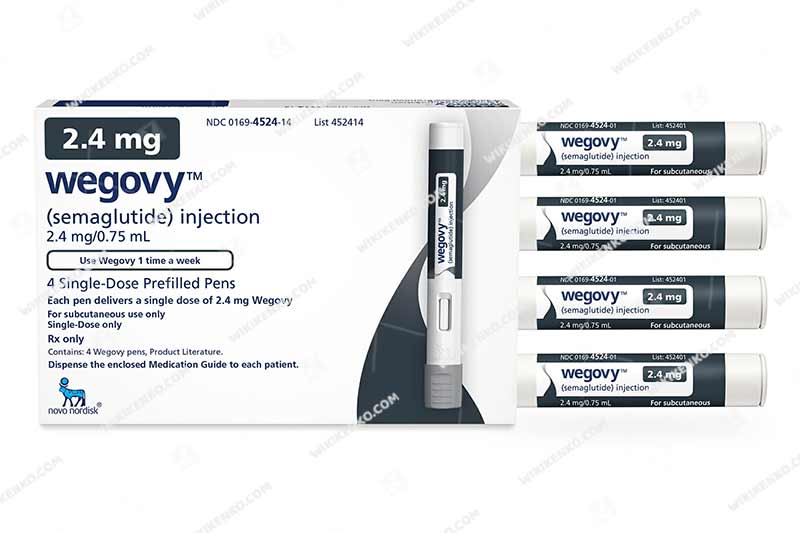


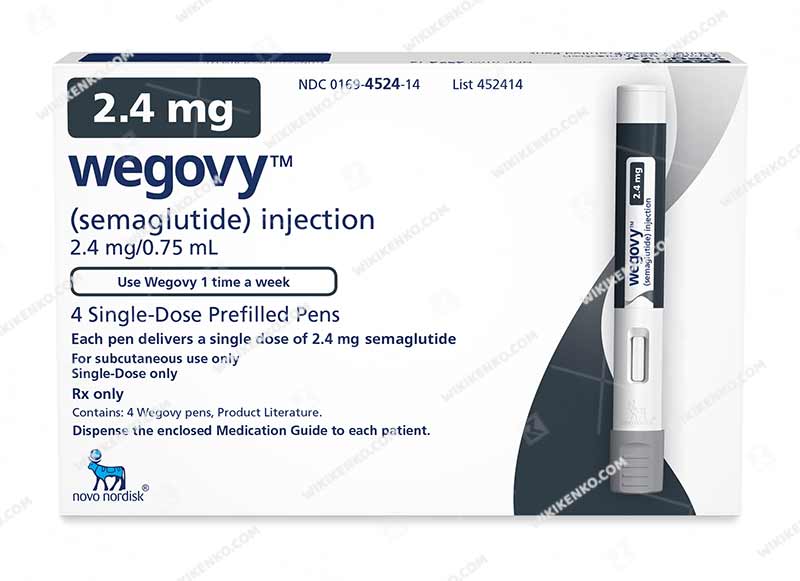
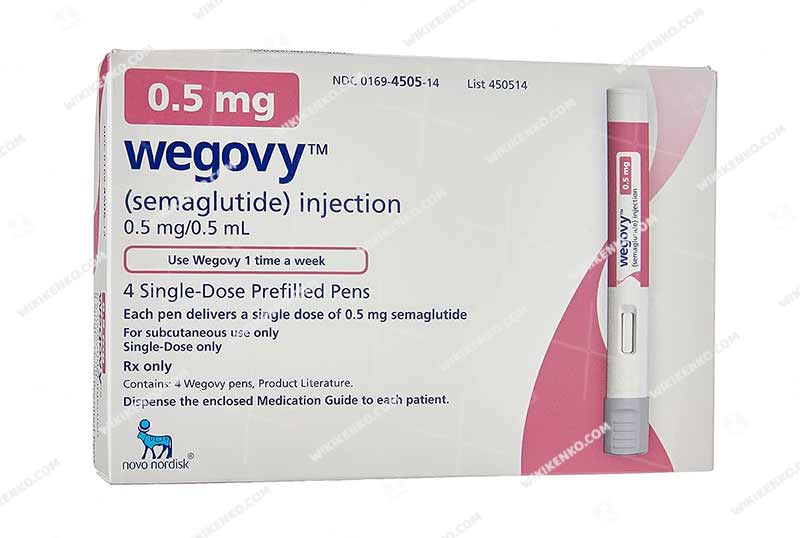

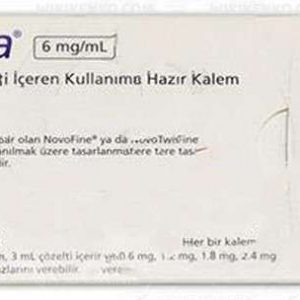
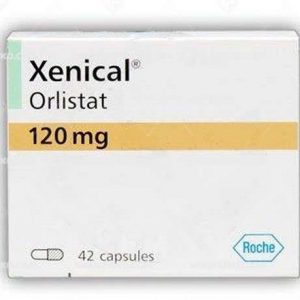













Reviews
There are no reviews yet.